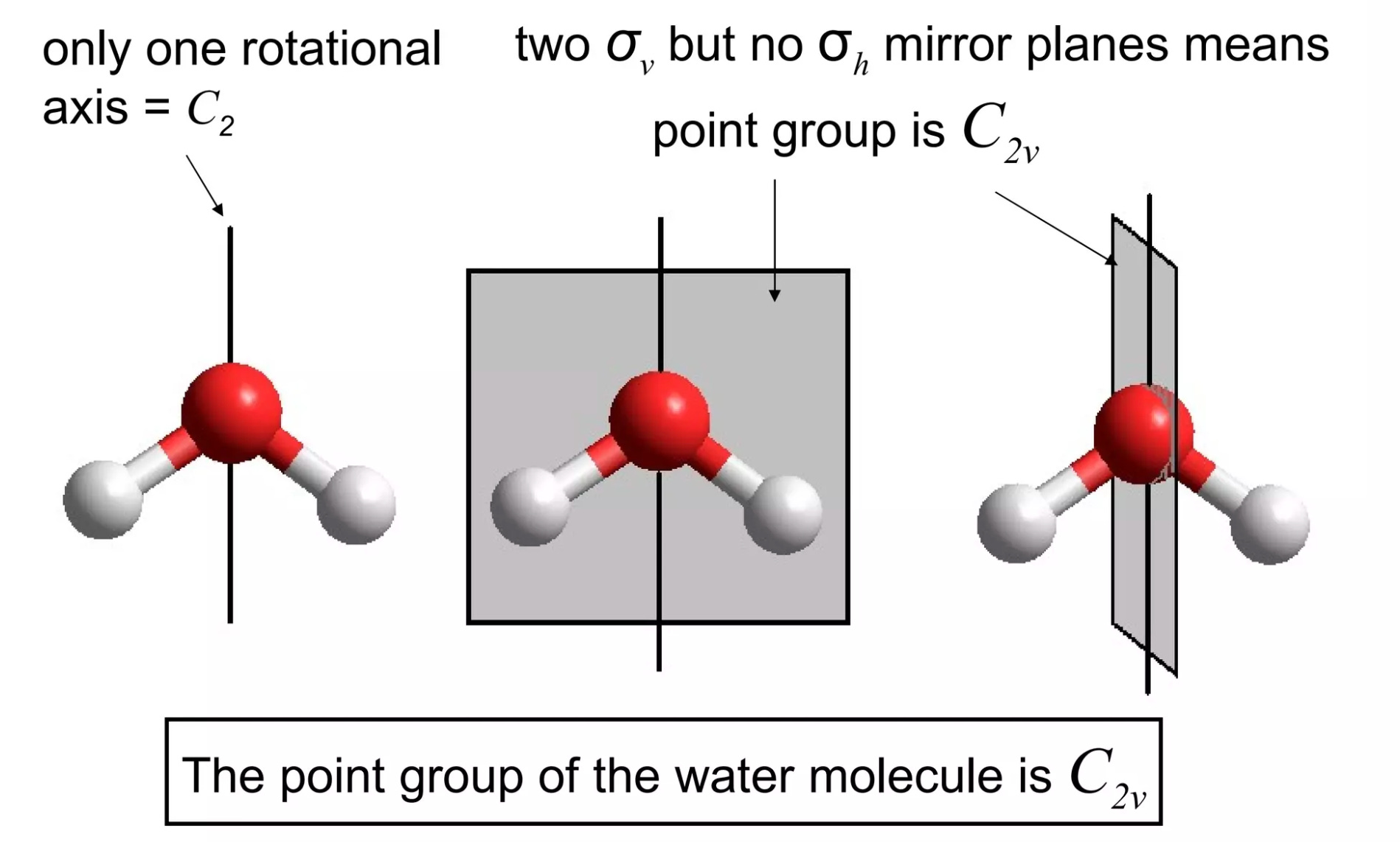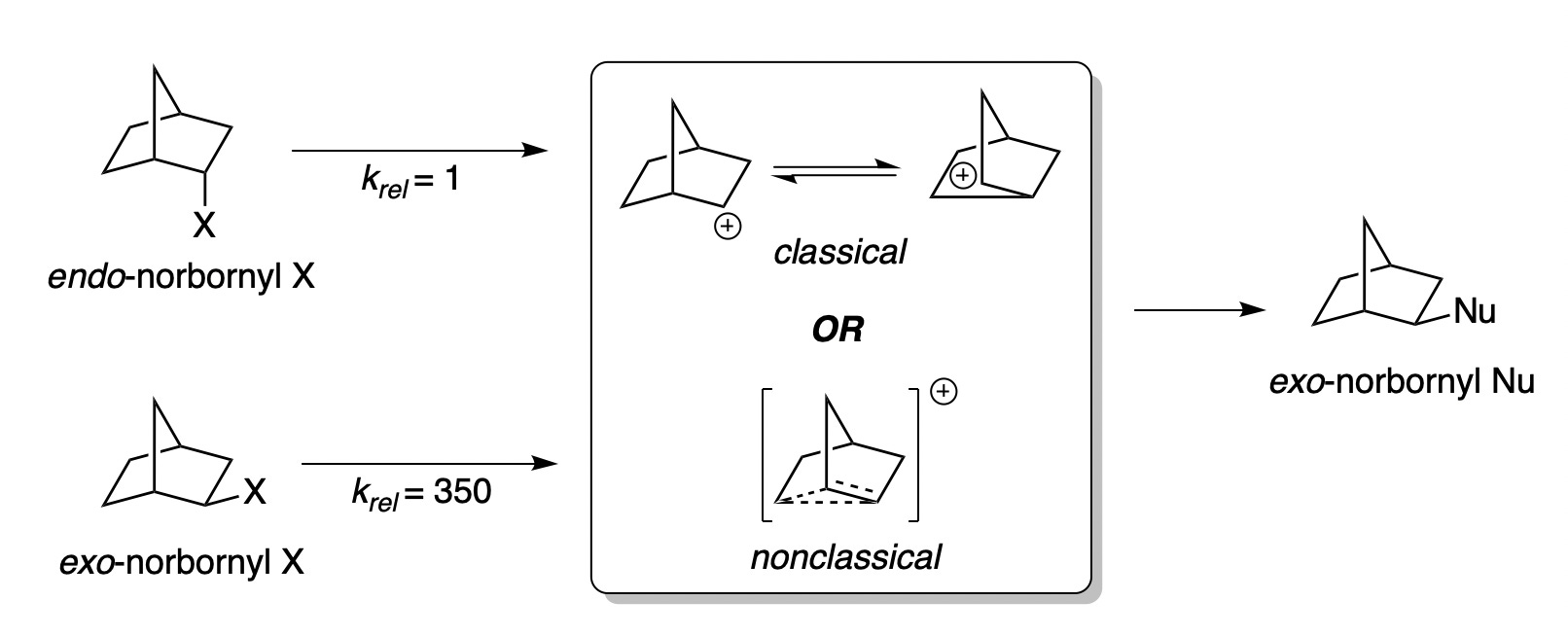I've been playing around with generating non-equilibrium conformations by molecular dynamics recently, and I've been thinking about how to best parse the outputs of a dynamics simulation.

Scientific software can be confusing, particularly when you're doing something that the software isn't primarily intended for. I often find myself wanting to run quick-and-dirty molecular dynamics simulations on small organic molecules, but I've struggled to find an easy way to do this using open-source tools.

Much molecular design today can be boiled down to “put the right functional groups in exactly the right places.” In catalysis, proper positioning of functional groups to complement developing charge or engage in other stabilizing non-covalent interactions with the transition state can lead to vast rate accelerations.

Pure mathematics has all sorts of unexpected connections to other fields, and chemistry is no exception. One example of this is group theory: while I never delved deeply enough into math to actually study group theory as its own field, I've had to learn how to assign point groups to three-dimensional objects for several inorganic chemistry classes.

Apologies for the long hiatus: we've had some health issues in the family, and startup life has been particularly overwhelming. With any luck, I'll be able to return to a more regular posting frequency soon. What’s the right relationship between theory, computation, and experiment? Much has been written on this.

In Wednesday’s post, I wrote that “traditional physical organic chemistry is barely practiced today,” which attracted some controversy on X. Here are some responses: “POC has evolved in many directions and its concepts are widely used, e.g., in host-guest chem, org syn, materials sci, drug discovery.” - Bill Jorgensen “There is still a lot of absolutely gorgeous classical phys org done with organometallic and enzymatic reactions.

In this post, I’m trying something new and embedding calculations on Rowan alongside the text. You can view the structures and energies right in the page, or you can follow a link and view the full data in a new tab.
(Previously: 2022) #1. Tony Fadell, Build #2. Giff Constable, Talking To Humans #3. Ben Horowitz, The Hard Thing About Doing Hard Things #4. Dale Carnegie, How To Win Friends And Influence People Sounds Machiavellian, but actually

“And I took the little scroll from the hand of the angel and ate it. It was sweet as honey in my mouth, but when I had eaten it my stomach was made bitter.” –Revelation 10:10 As machine learning becomes more and more important to chemistry, it’s worth reflecting on Richard Sutton’s 2019 blog post about the “bitter lesson.” In this now-famous post, Sutton argues that “the biggest lesson that can be read from 70 years of AI research is that
I took a pistol course in undergrad, and while I was a poor marksman I enjoyed the experience. In particular, I was surprised by how meditative the act of shooting was. As our instructor explained, much of good shooting comes down to not doing anything when you pull the trigger.

“Like arrows in the hand of a warrior are the children of one's youth.” –Psalm 127:4 What if our most fundamental assumptions about parenting were wrong? That’s the question that Michaeleen Doucleff’s 2021 book Hunt, Gather, Parent tries to tackle.